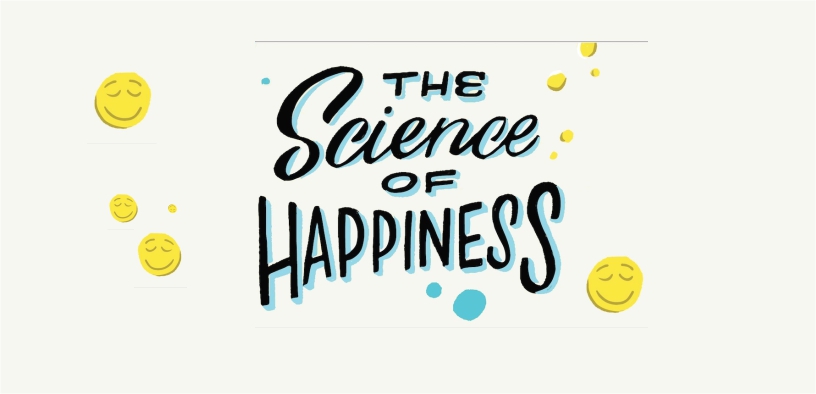Happiness is a universal pursuit, a goal that transcends cultural boundaries and defines the human experience. But what exactly is happiness, and how can we attain it? Positive psychology, a relatively new field of psychology, offers insights into the science of happiness and provides practical strategies to enhance our overall well-being. In this blog, we explore the fascinating world of positive psychology and how it can lead us to a happier and more fulfilling life.
Understanding Positive Psychology
Positive psychology emerged in the late 20th century as a response to the traditional focus of psychology on mental illness and dysfunction. Instead of studying what goes wrong in the human mind, positive psychology seeks to understand what goes right. It examines the factors that contribute to human flourishing, happiness, and well-being.
The Pursuit of Happiness
Happiness, as defined by positive psychology, is more than just the absence of negative emotions. It encompasses positive emotions, engagement, relationships, meaning, and accomplishments—elements collectively known as PERMA:
- Positive Emotions: These include joy, gratitude, love, and contentment. Cultivating a positive emotional state is the foundation of happiness.
- Engagement: Being in a state of flow, where you’re fully absorbed in an activity, is a key component of happiness. It’s when you lose track of time because you’re so engrossed in what you’re doing.
- Relationships: Social connections and supportive relationships are essential for happiness. Quality interactions with friends and loved ones contribute significantly to well-being.
- Meaning: Finding a sense of purpose and meaning in life goes hand in hand with happiness. This often involves contributing to something greater than oneself.
- Accomplishments: Achieving goals and experiencing a sense of accomplishment provides a lasting boost to happiness.
Practical Strategies for Enhancing Well-Being
Positive psychology offers numerous evidence-based strategies for enhancing happiness and well-being.
- Gratitude: Regularly expressing gratitude for the positive aspects of your life can boost happiness and reduce stress.
- Mindfulness: Mindfulness practices, such as meditation, help you stay present and reduce negative rumination, leading to greater well-being.
- Acts of Kindness: Performing acts of kindness not only benefits others but also increases your own happiness.
- Positive Self-talk: Cultivate a more positive inner dialogue, focusing on your strengths and accomplishments rather than dwelling on your shortcomings.
- Savouring the Moment: Learn to appreciate life’s small pleasures and savour positive experiences.
- Social Connections: Invest time and effort in nurturing your relationships and building a strong support network.
- Pursuit of Goals: Set meaningful goals that align with your values and work steadily toward achieving them.
- Flow Activities: Engage in activities that challenge and absorb you, fostering a state of flow.
The Pursuit of a Fulfilling Life
Positive psychology teaches us that happiness is not a fleeting emotion but a state of being that can be cultivated through intentional practices and mindset shifts. By focusing on positive emotions, meaningful connections, and personal growth, we can enhance our well-being and lead more fulfilling lives. The science of happiness invites us to embark on a journey of self-discovery and self-improvement, ultimately leading to a brighter, more satisfying future.








